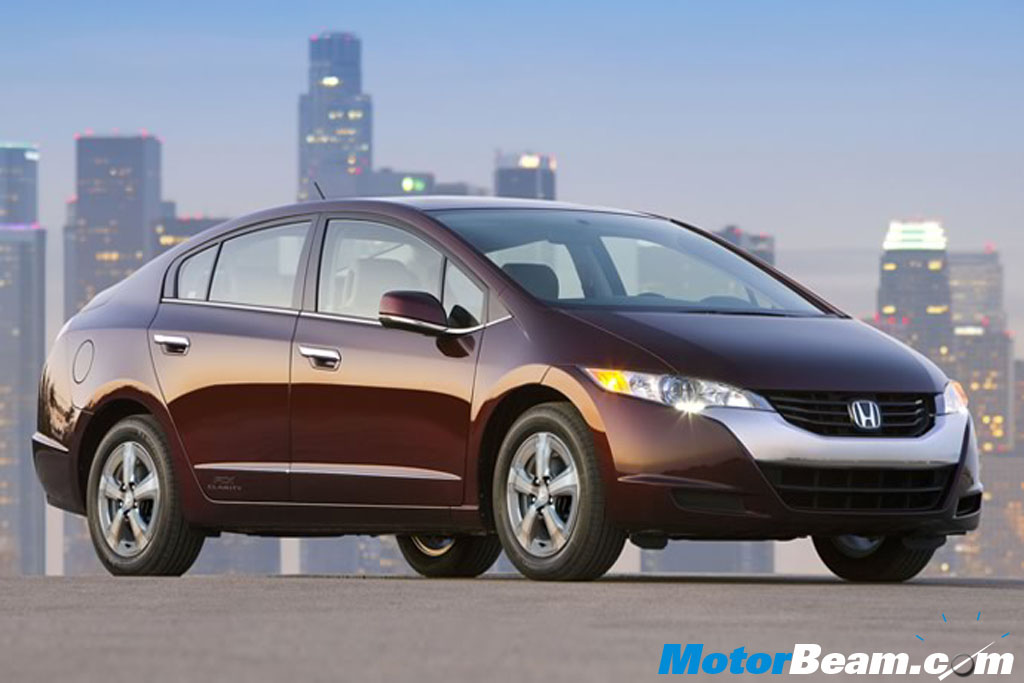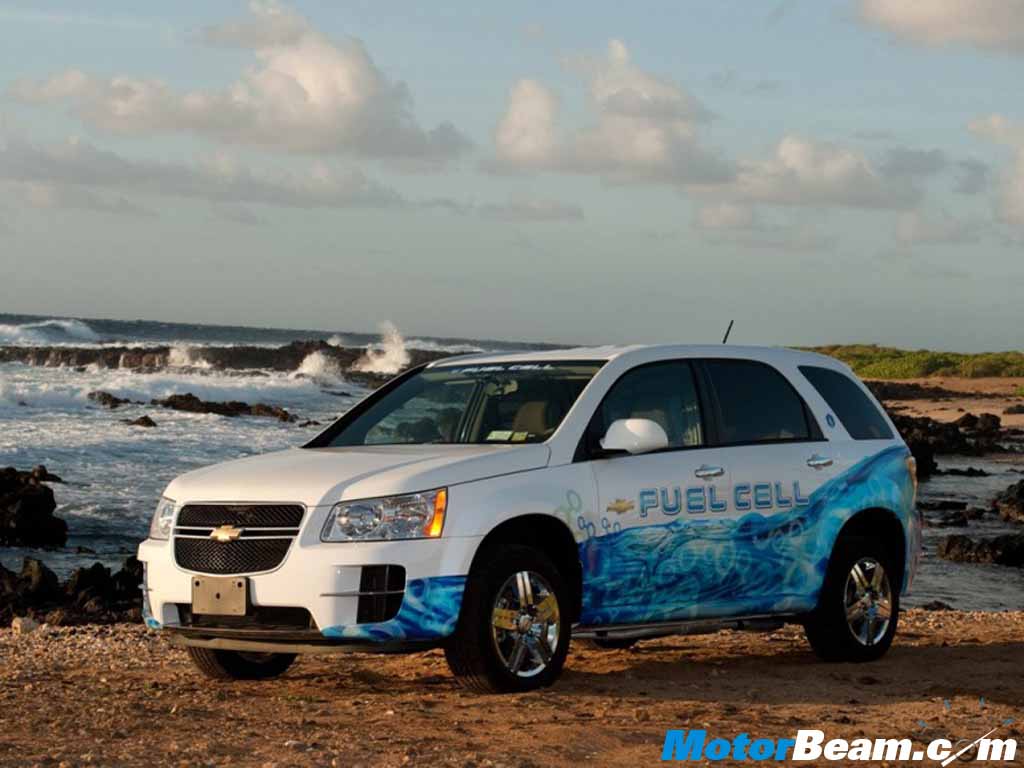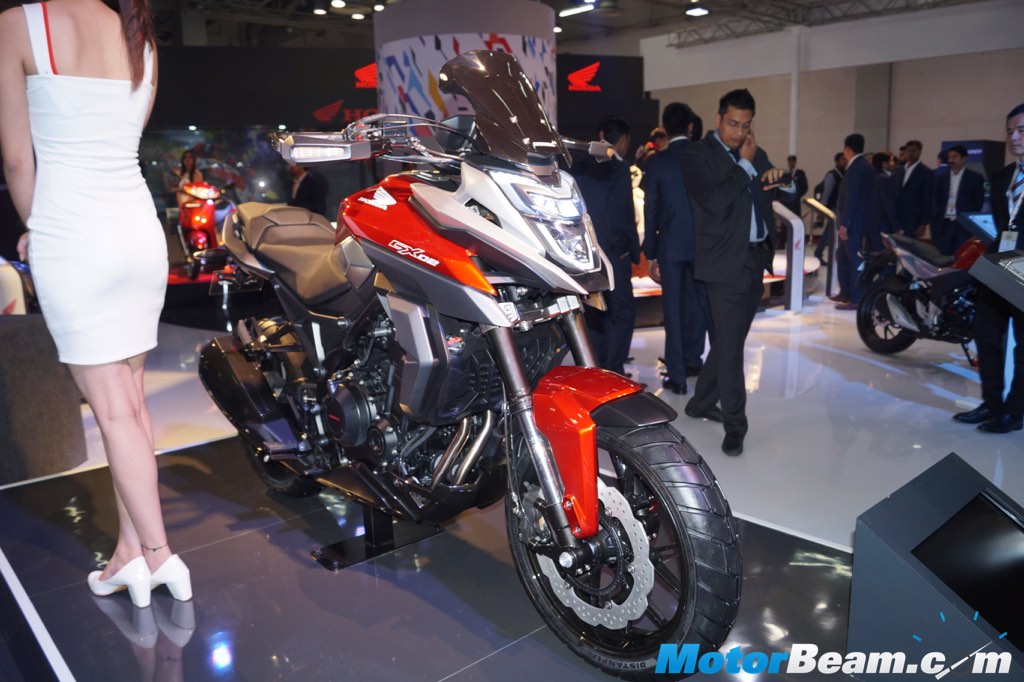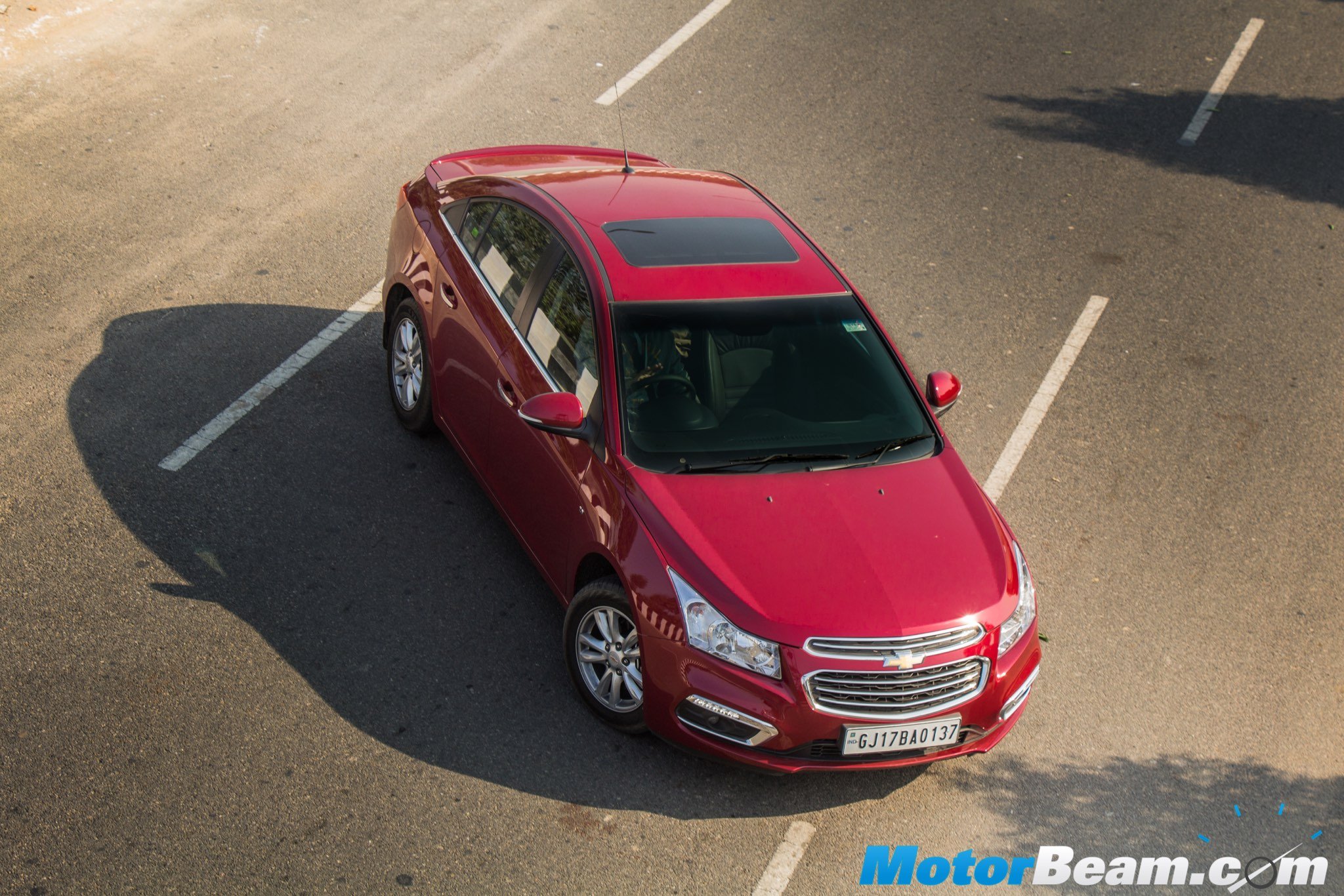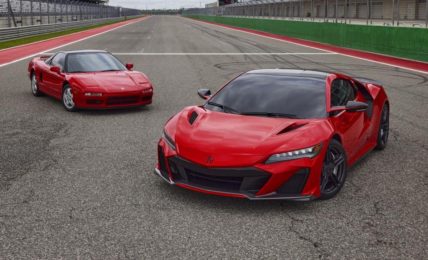General Motors and Honda have recently shaken hands to jointly develop fuel cell technology for future hydrogen vehicles. Both automakers have announced that they will release their first hydrogen vehicle in a joint venture by 2020. The collaboration of the American and Japanese automaker is based upon their leadership in fuel cell technology. Honda has been testing its hydrogen fuel based car since 2008, whereas GM has clocked approximately 48 lakh kms with a fleet of 119 hydrogen fuel cars under the Project Driveway program since 2007. Both companies have more than 1200 fuel cell technology patents to their name between year 2002 and 2012.
Besides developing potent hydrogen fuel engines, both automakers are equally concerned with the development of high speed refilling stations that requires a huge investment and time, but crucial for the sustainable growth of technology. Honda has set up a dedicated assembly line for hydrogen cars in Japan in 2008 and the company has also leased its complete hydrogen vehicle, FCX Clarity, to a few customers in the US, Japan and Europe. The model is powered by a 134 BHP motor with a torque output of 256 Nm. The vehicle has an average fuel efficiency of 116 kms in one kilogram of hydrogen which is the main attraction of the technology.
The Honda FCX Clarity emits only heat and water and the fuel cell technology vehicle also uses dispelled heat from brakes and de-acceleration like on hybrid cars. The GM vehicle baseline is also similar to the Honda Clarity, while the individual advancements of both automakers will be an assist for the latest development of clean technology. Earlier, Honda announced it wil start volume production of the Clarity’s successor from 2018, while at the recent partnership event, the company announced its plan to launch their new model in the US and Japan by 2015.
GM will also contribute to the development with the introduction of its model on a later stage. The development of fuel cell vehicles and filling stations requires a huge investment. The other premium automakers like BMW, Audi, Mercedes-Benz, Volkswagen, Toyota and Nissan have also been testing their hydrogen fuel based cars in the US from a long time. The US government has also been providing an enormous subsidy to automakers for the development of hydrogen fuel, hence the technology is expected to come under significant mass-production by 2020.


